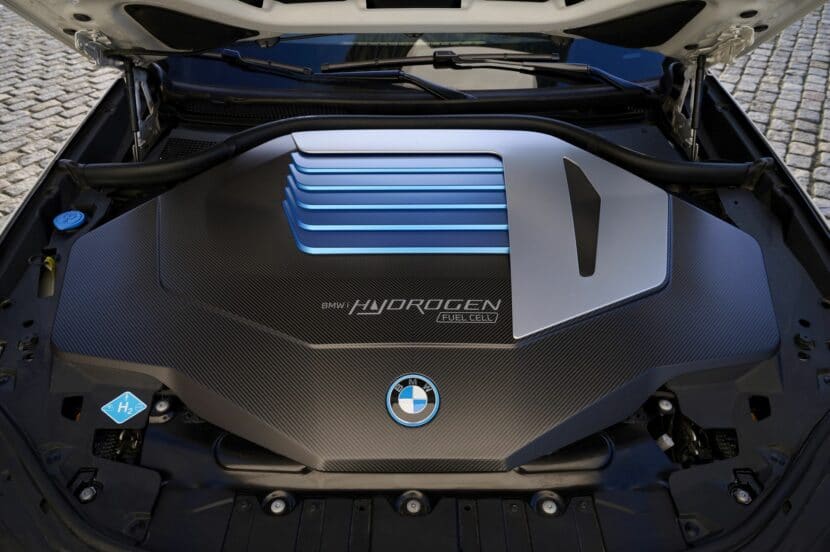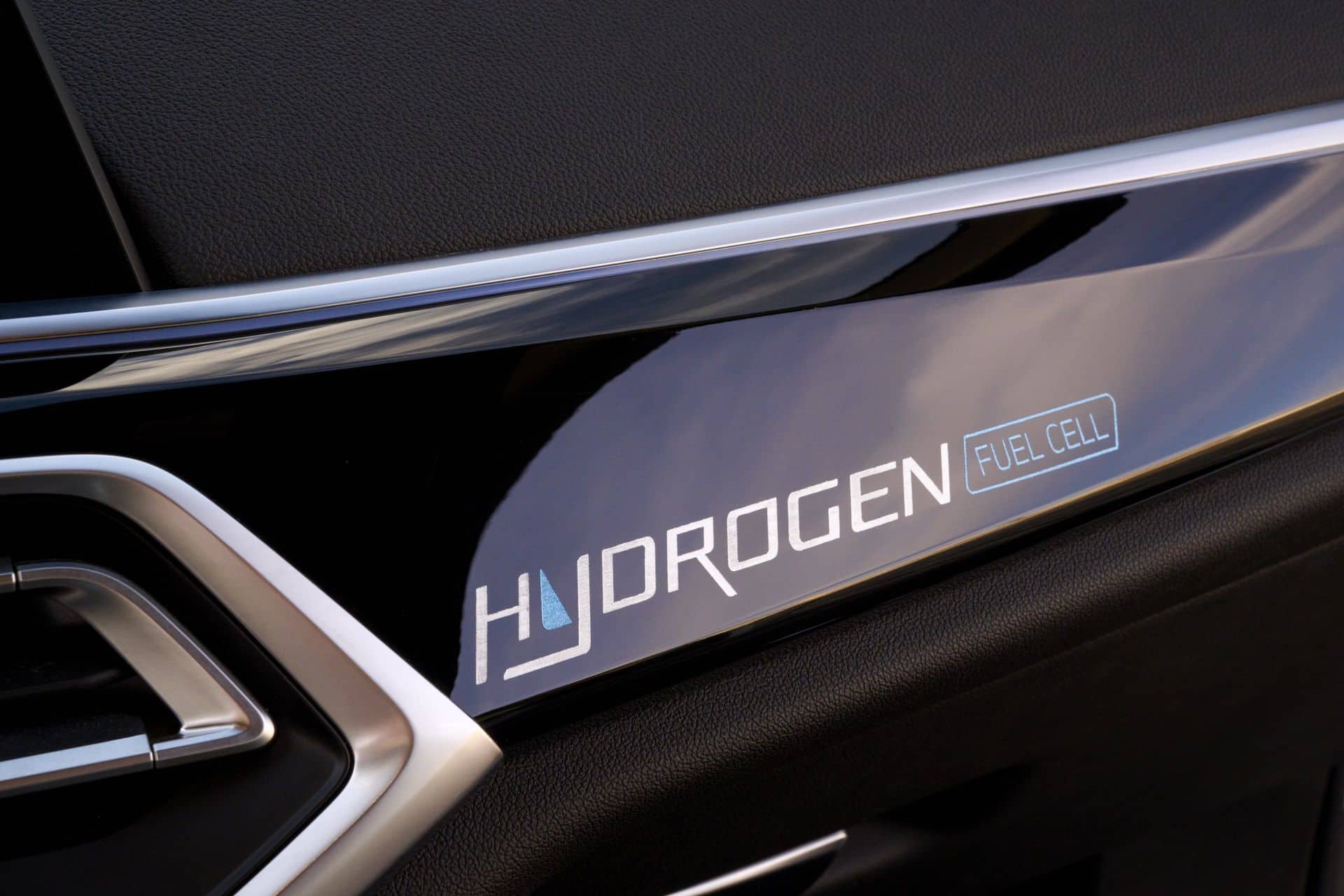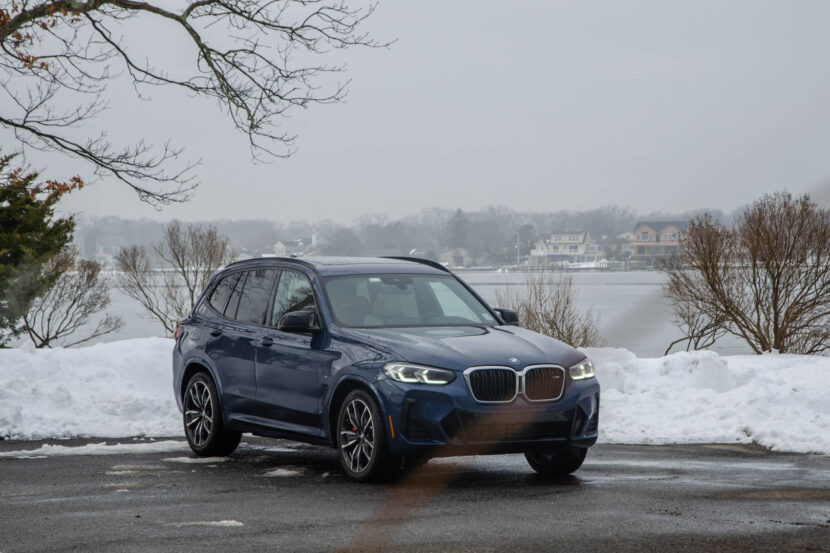BMW has been licensing its combustion engines to other automakers for decades and it’s still doing it to this day. We’re not talking about the obvious cases of MINI and Rolls-Royce as Land Rover borrows the N63 for the latest Range Rover and Range Rover Sport. The old Defender had BMW engines at one point, much like another off-roader, the somewhat obscure Bertone Freeclimber.
Speaking of go-anywhere SUVs, the Ineos Grenadier relies on BMW’s inline-six B57 and B58 engines. On the sporty side, the Toyota Supra has the 2.0-liter B48 and 3.0-liter B58 gasoline units, along with many other parts from the German luxury brand. We wouldn’t be doing our job properly if we didn’t mention the iconic V12-powered McLaren F1 and the Morgan Plus Six, as well as the Opel Omega and the Rover 75.
Similarly, BMW is interested in allowing other automakers to use its newly developed hydrogen fuel cell technology. Speaking with Autoblog during the launch of the iX5 Hydrogen, chairman Oliver Zipse admitted it’s a possibility, but it’s too early to share it: “We would if we could, but this is not the time to discuss that.”

“We deliver combustion engines to other manufacturers. It’s not only a few, it’s quite a lot; it’s a business model. That’s because we have superior technology that we built up over decades … and that is true for any technology. It could be for autonomous driving components, for example. So, the possibility is always there, but it must make sense. We don’t do it just for the sake of it.”
BMW’s head honcho went on to say MINI, Rolls-Royce, or the M division could benefit from this technology further down the line as long as it fits the brand. For the time being, the core BMW marque represents the best match, hence why the fuel cell drivetrain is being rolled out with the iX5 Hydrogen. The zero-emission SUV isn’t going into series production, but rather a limited run of fewer than 100 units that will be handed over to certain people instead of being sold to regular customers.
Oliver Zipse previously announced a viable hydrogen car will hit the market before 2030. It’s too soon to say whether it’ll be a next-generation iX5 Hydrogen or something else. We do know the Neue Klasse platform is being developed with a fuel cell in mind for larger vehicles. In the meantime, NE will premiere in 2025 with a battery-powered sedan and crossover in the 3 Series segment.
Source: Autoblog





































































